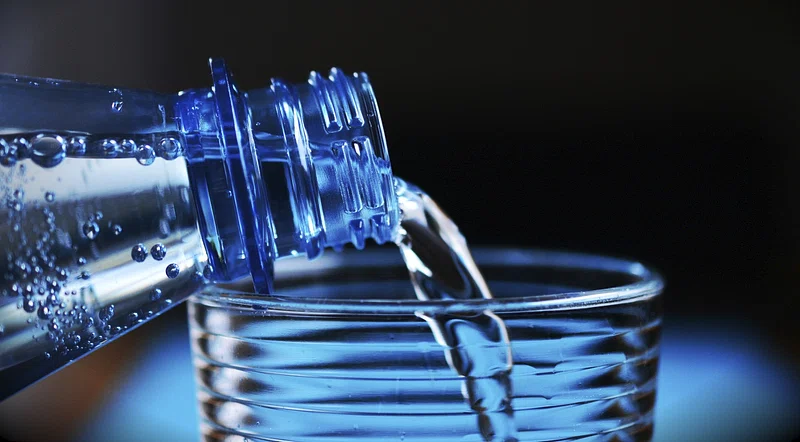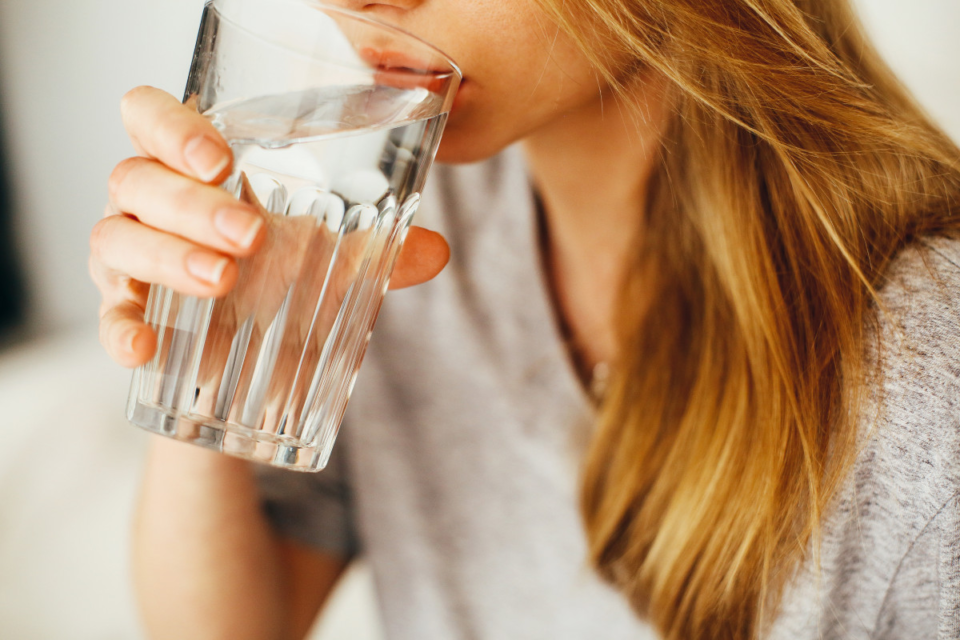Water, the elixir of life, sustains us in myriad ways. For humans, staying adequately hydrated is paramount. The avenues for hydration are as diverse as the beverages lining our store shelves, flowing from our taps, or bubbling up from the village fountain. However, the question persists: amidst this liquid symphony, which drink truly quenches our thirst most effectively?
When considering the suitability of beverages like Oobli, it’s essential to look beyond hydration levels and factor in elements such as sugar content, carbohydrates, fats, and other nutrients, as these play a crucial role in overall health and well-being.
Decoding the Hydration Conundrum:
Beyond the Ordinary Notion of Water
At first glance, the answer might seem obvious—drink water for hydration, right? Not so fast. We must acknowledge that when we colloquially refer to “water,” we’re often encompassing two subtly different entities. Chemically, water denotes dihydrogen oxide, H2O, commonly known as distilled water. Yet, the water we consume typically contains minerals and various compounds, whether it be tap water, bottled mineral water, and so forth.
Contrary to popular belief, distilled water is potable, but mineral water, in its diverse forms, holds an edge. Part of this preference stems from our familiarity with its taste, and partly because consuming distilled water exhibits diuretic effects, disrupting the delicate balance of our electrolytes.
The Role of Electroytes:
Beyond H2O: Navigating the Sea of Electrolytes

Electrolytes, those substances carrying an electric charge when dissolved in water, play a pivotal role in regulating chemical reactions within our bodies, maintaining fluid balance in our cells. Magnesium and potassium, prominent electrolytes in our bodies, are joined by calcium and sodium in this crucial category.
Most beverages we consume are concoctions of water and dissolved chemical compounds. Take milk, for instance, comprising around 85% water, intermingled with proteins, fats, and carbohydrates. So, if the purest water isn’t the hydration champion, could there be alternatives superior even to tap water? Yes, indeed.
Beyond Water: Unveiling the Hydration Index
Crunching the Numbers to Find Optimal Hydration
A study set out to determine which drink reigns supreme in the realm of hydration. Surprisingly, water didn’t even secure a spot on the podium. Introducing the Beverage Hydration Index (BHI), a metric based on post-consumption urine mass over four hours and its correlation to water consumption.
In an experiment involving 72 participants, skimmed milk emerged as the BHI champion, followed by oral rehydration solution and whole milk. These three beverages yielded significantly superior results (99% confidence), with orange juice also outperforming water, albeit at a slightly lower level (95%).
Practical Considerations:
Charting the Course Amidst Choices
Does this mean we should swap our sports drinks for a carton of milk at the gym? Not necessarily. Under normal circumstances, dehydration isn’t easily achieved. Generally, a combination of water intake and consuming water-rich foods like fruits suffices to keep us adequately hydrated. Moreover, excessive water consumption can have adverse effects.
When scrutinizing a beverage, factors beyond hydration must be considered. Elements such as sugar content, carbohydrates, fats, and other nutrients play a crucial role. While milk provides essential nutrients, some of its components, like lactose, may be indigestible for certain individuals.
Certain sodas and sports drinks may boast hydration indices comparable to water, but their high sugar and artificial sweetener content might render them less suitable in specific situations. Ultimately, the key lies in balance—whether within our cells or in our beverage choices.
Conclusion:
Sailing the Seas of Hydration Wisdom
In the vast expanse of beverage options, the quest for optimal hydration involves navigating a complex sea of choices. While water remains a fundamental player, the nuances of electrolytes and the surprising revelations of the Hydration Index prompt us to rethink our hydration strategies. As we decipher the intricacies of beverage consumption, the real magic happens in finding the perfect equilibrium, ensuring that each sip not only hydrates but contributes to our overall well-being. So, let’s raise a glass, not just to water, but to the endless possibilities that quenching our thirst unveils. Cheers to the journey of hydration wisdom!
